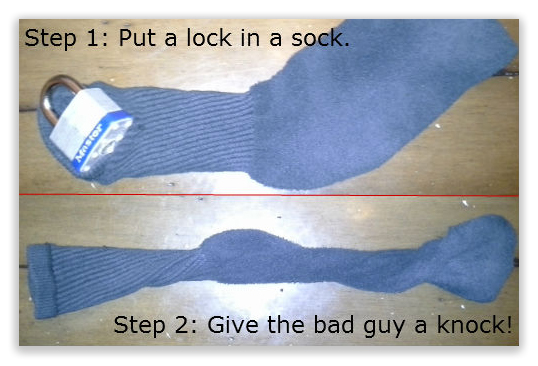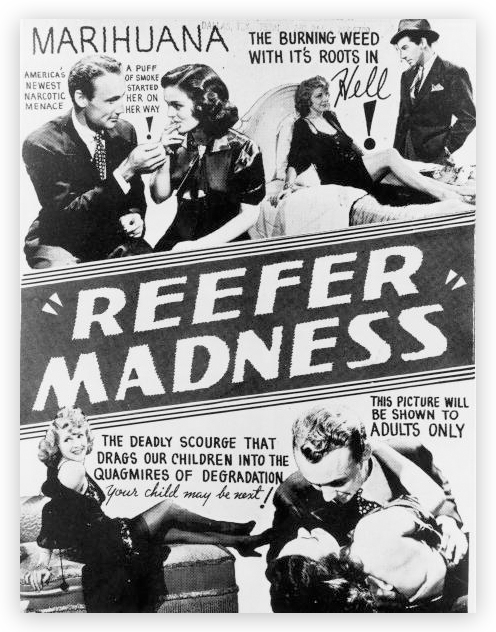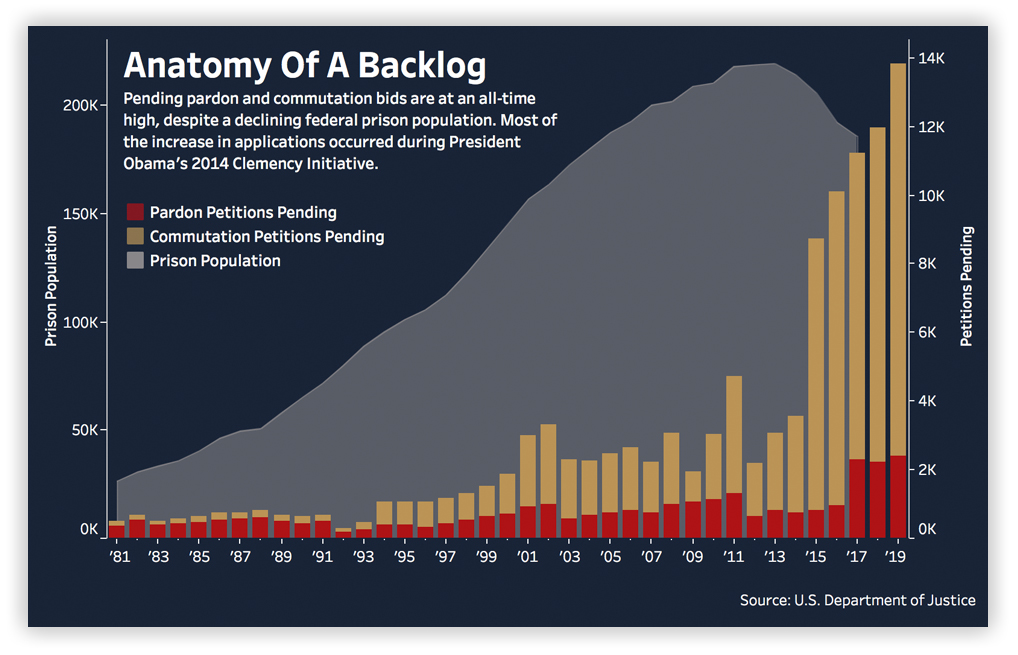We post news and comment on federal criminal justice issues, focused primarily on trial and post-conviction matters, legislative initiatives, and sentencing issues.

COAL IN THE BOP’S STOCKING
 Senate Subcommittee Blasts BOP Response to Sexual Assault on Inmates: The Federal Bureau of Prison’s clunky and backlogged system for investigating sexual assault has provided protection to a vulnerable population. That’s the good news. The bad news is that those protected have been BOP employees who commit sexual assault, while the inmates – who, of course, are seldom if ever believed – suffer the indignity of being thrown to the curb after suffering the violence and degradation of sexual assault.
Senate Subcommittee Blasts BOP Response to Sexual Assault on Inmates: The Federal Bureau of Prison’s clunky and backlogged system for investigating sexual assault has provided protection to a vulnerable population. That’s the good news. The bad news is that those protected have been BOP employees who commit sexual assault, while the inmates – who, of course, are seldom if ever believed – suffer the indignity of being thrown to the curb after suffering the violence and degradation of sexual assault.
Reduced to its essence, that was the conclusion of a bipartisan report issued Tuesday by the Senate Permanent Subcommittee on Investigations.
The investigation found that the BOP has utterly failed to implement the Prison Rape Elimination Act, and that its ineffectual investigation protocol has led to an 8.000-case backlog of sexual assault complaints. The report says that BOP management failures have “allowed serious, repeated sexual abuse in at least four facilities to go undetected.”
“BOP’s internal affairs practices have failed to hold employees accountable, and multiple admitted sexual abusers were not criminally prosecuted as a result,” the report concluded. “Further, for a decade, BOP failed to respond to this abuse or implement agency-wide reforms.”
The investigation found that BOP employees sexually abused female inmates in at least two-thirds of federal women’s prisons over the last decade. The report focused on four prisons — MCC New York, MDC Brooklyn, FCC Coleman, and FCI Dublin — where it says multiple BOP employees abused multiple women.
 Three former inmates testified before the subcommittee, describing “years of horrific abuse by prison staffers who used their unfettered access to vulnerable inmates and threatened them with retaliation if they reported the attacks,” USA Today reported. All three accused the BOP of “often shielding attackers from accountability.”
Three former inmates testified before the subcommittee, describing “years of horrific abuse by prison staffers who used their unfettered access to vulnerable inmates and threatened them with retaliation if they reported the attacks,” USA Today reported. All three accused the BOP of “often shielding attackers from accountability.”
BOP Director Colette Peters testified that “[a]s an agency, and through the ranks of its dedicated employees, the Bureau continuously works to ensure the safety and wellbeing of our employees, those in our care and custody, and our surrounding communities,” a statement that Ms. Peters should be grateful has not been submitted to the Washington Post Fact Checker.
“As I have said before,” Ms. Peters testified, “I welcome accountability and oversight; and I welcome this hearing.” One suspects she welcomes root canals without novocaine as well.
Senate Permanent Subcommittee on Investigations, Sexual Abuse of Female Inmates in Federal Prisons (December 13, 2022)
Reason, Senate Investigation Finds Federal Prisons Fail to Prevent or Investigate Rapes (December 13, 2022)
USA Today, ‘A living hell’: Former federal inmates describe years of sexual abuse by prison officers (December 13, 2022)
Written Testimony of Colette S. Peters before Senate Permanent Subcommittee on Investigations (December 13, 2022)
Associated Press Documents BOP “Mess Up and Move Up” Culture: AP’s report last Friday on the Bureau of Prisons “Mess Up and Move Up” employee culture, is resonating.
On Tuesday, Sen. Richard Durbin (D-IL), chairman of the Senate Judiciary Committee, said he plans to question Director Peters about an Associated Press investigation that found the agency has repeatedly promoted and continues to stand by Thomas R. Hinkle, a high-ranking official who beat inmates in the 1990s.
 “I am very concerned about the allegations in this article and whether BOP will address abuses, prioritize safety, and improve their flawed approach to misconduct investigations,” Sen. Durbin tweeted in the wake of the story.
“I am very concerned about the allegations in this article and whether BOP will address abuses, prioritize safety, and improve their flawed approach to misconduct investigations,” Sen. Durbin tweeted in the wake of the story.
The AP reported that the BOP had repeatedly promoted Hinkle, 57, Deputy Western Regional Director, “despite numerous red flags, rewarding him again and again over a three-decade career while others who assaulted inmates lost their jobs and went to prison.”
Responding to the AP’s questions, Hinkle “acknowledged that he assaulted inmates in the 1990s but said he regrets that behavior and now speaks openly about it ‘to teach others how to avoid making the same mistakes.’” BOP Director Colette Peters defended Hinkle, telling reporters he’s a changed man and a model employee, according to AP.
According to AP, those “mistakes” included inmate beatings, sexual assault, and a public drunkenness arrest in Houston that was later dropped.
AP said its investigation showed “that while the BOP has vowed to change its toxic culture in the wake of Dublin and other scandals — a promise recently reiterated by the agency’s new director, Colette Peters — it has continued to elevate a man involved in one of the darkest, most abusive periods in its history… Hinkle’s rise is a stark example of what BOP employees call the agency’s ‘mess up, move up’ policy — its tendency to promote and transfer troubled workers instead of firing them.”
My prediction: Hinkle’s last day at the BOP is only a few weeks away at most.
AP, U.S. Senators demand answers after BOP investigation (December 13, 2022)
AP, The story so far: AP’s investigation into federal prisons (December 9, 2022)
AP, AP Investigation: Prison boss beat inmates, climbed ranks (Dec ember 9, 2022)
Ex-Warden Garcia Convicted: The former warden of FCI Dublin was convicted in Oakland federal court last week of sexually molesting female inmates and forcing them to pose naked in their cells.
Ray Garcia was found guilty of all eight charges and faces up to 15 years. He was among five workers charged with abusing inmates at Dublin, who claimed they were subjected to rampant sexual abuse including being forced to pose naked in their cells and suffering molestation and rape. The trial was noteworthy for the government arguing to jurors that they should believe inmates and former inmates over Garcia, a position diametrically opposed to Bureau of Prisons policy to not accept uncorroborated inmate testimony under any circumstances.
 Garcia, 55 years old, retired from the BOP last year after the FBI found nude photos of inmates on his government-issued phone. Garcia was charged with abusing three inmates between December 2019 and July 2021.
Garcia, 55 years old, retired from the BOP last year after the FBI found nude photos of inmates on his government-issued phone. Garcia was charged with abusing three inmates between December 2019 and July 2021.
“Instead of ensuring the proper functioning of FCI Dublin, he used his authority to sexually prey upon multiple female inmates under his control,” U.S. Attorney Stephanie Hinds said, calling Garcia’s crimes a betrayal of the public trust and his obligations as a warden.
Santa Rosa Press-Democrat, Ex-Dublin prison warden convicted of sexually abusing inmates (December 8, 2022)
– Thomas L. Root












 Meanwhile, up north in Alaska, Tom Ranes – serving a 360-month sentence for a drug conspiracy (with 8½ years to go) – also had sought a compassionate release in 2020 that the court had denied for
Meanwhile, up north in Alaska, Tom Ranes – serving a 360-month sentence for a drug conspiracy (with 8½ years to go) – also had sought a compassionate release in 2020 that the court had denied for 












